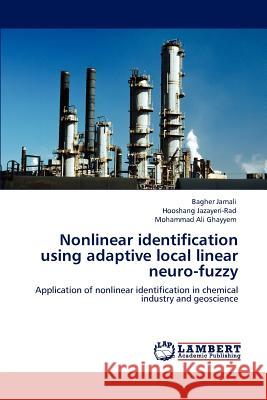Nonlinear identification using adaptive local linear neuro-fuzzy » książka
Nonlinear identification using adaptive local linear neuro-fuzzy
ISBN-13: 9783848411177 / Angielski / Miękka / 2012 / 108 str.
Neural networks and fuzzy logic have some common features such as distributed representation of knowledge, ability to handle data with uncertainty and imprecision etc. Fuzzy logic has tolerance for imprecision of data, while neural networks have tolerance for noisy data. A neural networks learning capability provides a good way to adjust experts knowledge and it automatically generates additional fuzzy rules and membership functions to meet certain specifications. This reduces the design time and cost. On the other hand, the fuzzy logic approach enhances the generalization capability of a neural network by providing more reliable output when extrapolation is needed beyond the limits of the training data. To simplify the design and optimization of fuzzy models, process learning techniques derived from neural networks (so called neuro-fuzzy approaches) can be used.Different architectures of neuro-fuzzy systems have been discussed by a number of researchers. In this research, neuro-fuzzy system networks are deployed and used for the dynamic modeling of a nonlinear MIMO system (heat recovery steam generator (HRSG)) and a permeability prediction process.











